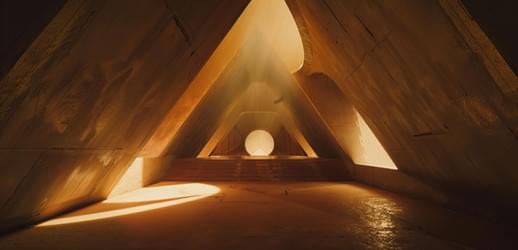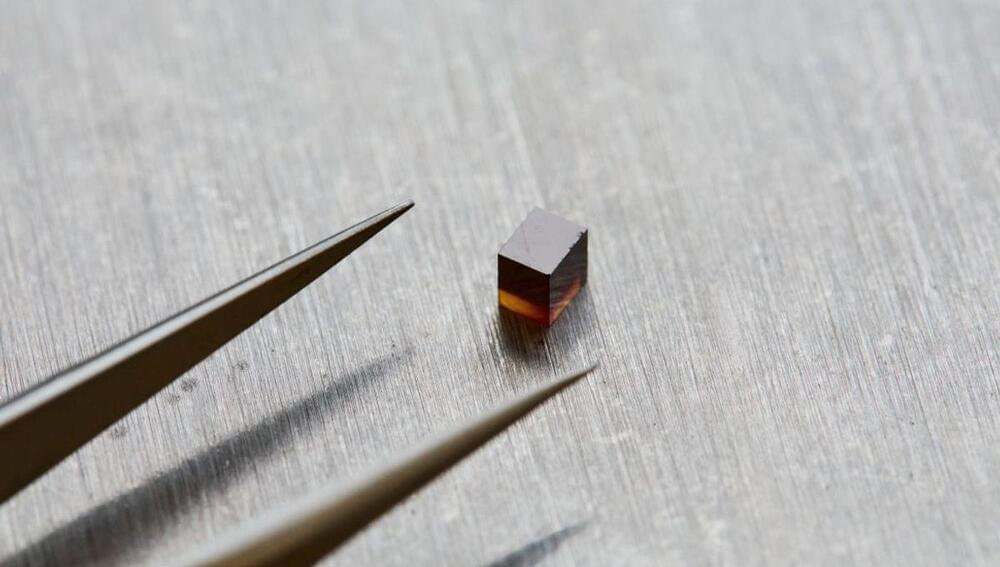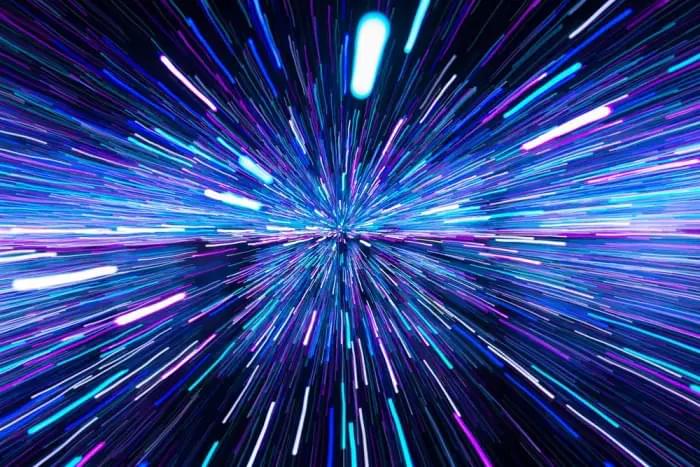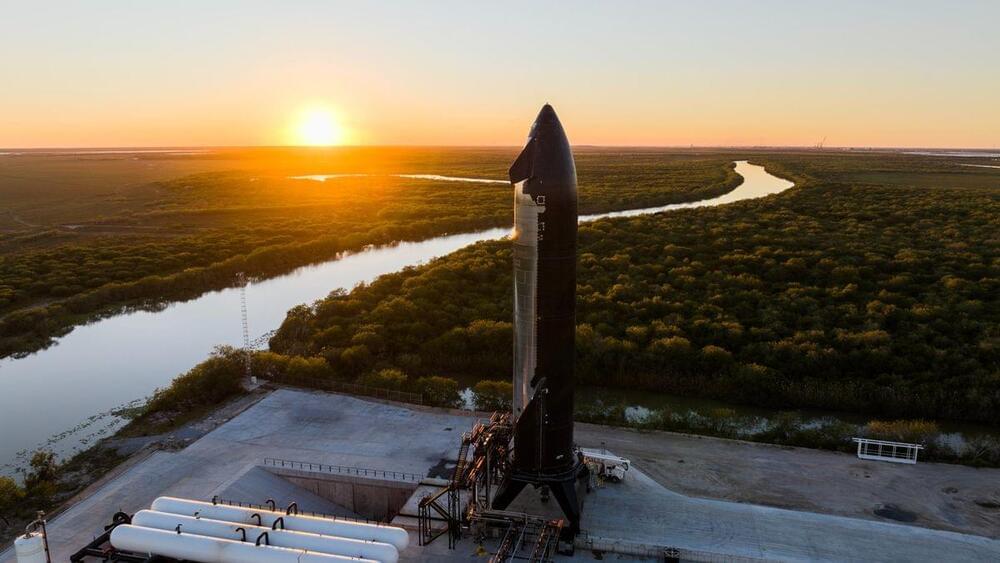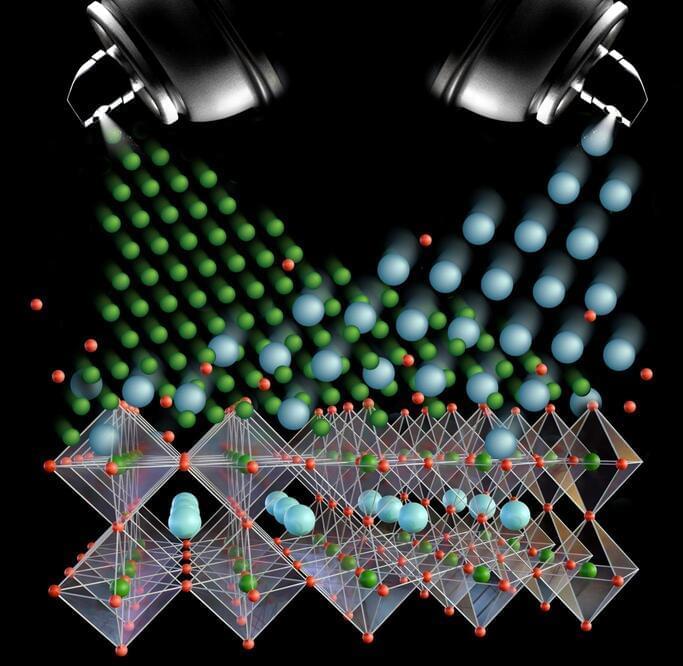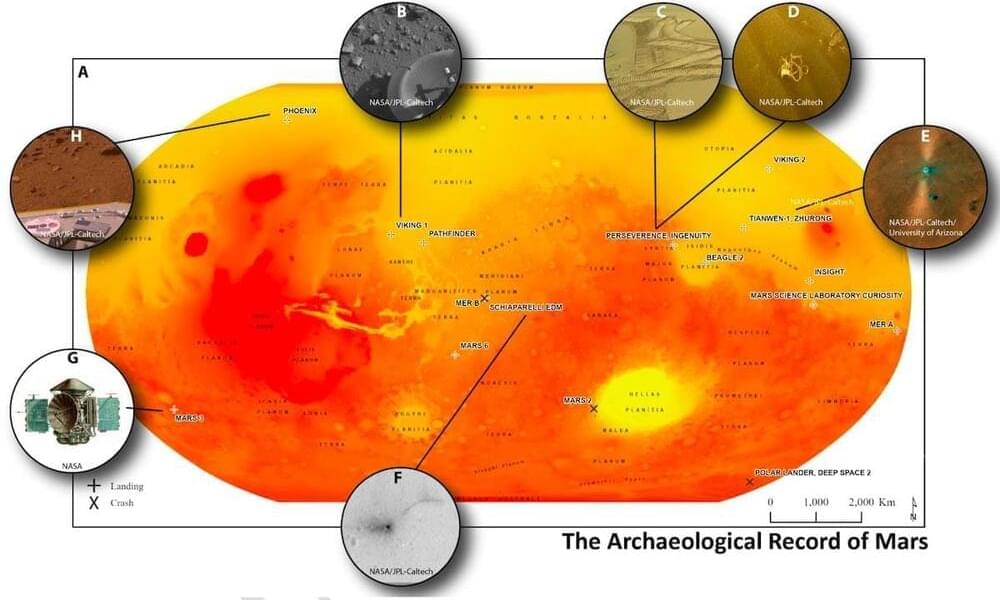Project Hyperion explores the feasibility of crewed interstellar travel via generation ships, using current and near-future technologies. A generation ship is a hypothetical spacecraft designed for long-duration interstellar travel, where the journey may take centuries to complete. The objective of the competition is to design the habitat of the generation ship, including its architecture and society.
